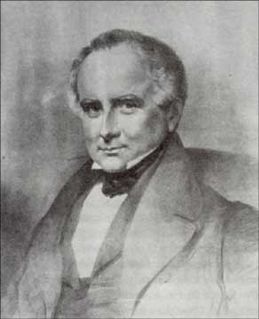A Quote by Albert Einstein
I have never obtained any ethical values from my scientific work.
Quote Topics
Related Quotes
Scientific theories never dictate human values, but they can often cast new light on ethical issues. From a sexual selection viewpoint, moral philosophy and political theory have mostly been attempts to shift male human sexual competitiveness from physical violence to the peaceful accumulation of wealth and status. The rights to life, liberty, and property are cultural inventions that function, in part, to keep males from killing and stealing from one another while they compete to attract sexual partners.
I wish there was a serious investigation into flying saucers that wasn't conducted by crackpots. Unfortunately nearly all of the people who are interested in them kind of manufacture the evidence to fit the theories rather than the other way around. So it's very hard to find any dispassionate treatment of them. Maybe there isn't any scientific basis in which case that's why you never see any scientific evidence.
The need for general scientific understanding by the public has never been larger, and the penalty for scientific illiteracy never harsher. Lack of scientific fundamentals causes people to make foolish decisions about issues such as the toxicity of chemicals, the efficacy of medicines, the changes in the global climate.
One of the great arts in living is to learn the art of accurately appraising values. Everything that we think, that we earn, that we have given to us, that in any way touches our consciousness, has its own value. These values are apt to change with the mood, with time, or because of circumstances. We cannot safely tie to any material value. The values of all material possessions change continually, sometimes over night. Nothing of this nature has any permanent set value. The real values are those that stay by you, give you happiness and enrich you. They are the human values.
Unfortunately, there is something of a flaw in this idealized picture of the way the scientific community discovers truth. And the flaw is that most scientific work never gets noticed. Study after study has shown that most scientific papers are read by almost no one, while a small number of papers are read by many people.





































